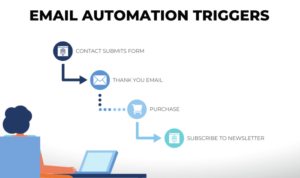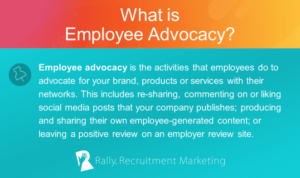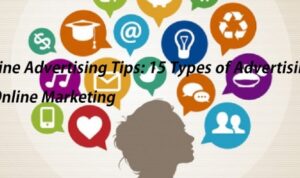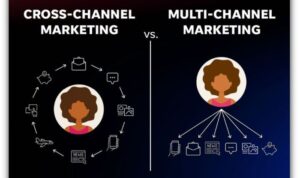Online Business Marketing is the key to unlocking success in the digital age, where businesses thrive on strategic online campaigns and engaging content. Dive into the world of online marketing and discover the secrets to reaching your target audience effectively.
Overview of Online Business Marketing

Online business marketing is crucial for the success of any modern business in today’s digital age. It involves promoting products or services through various online channels to reach a wider audience and drive sales.
Unlike traditional marketing methods such as print ads or TV commercials, online marketing offers businesses the ability to target specific demographics, track customer behavior, and measure the success of campaigns in real-time. This data-driven approach allows businesses to make informed decisions and optimize their marketing strategies for better results.
Examples of Successful Online Marketing Campaigns, Online Business Marketing
- Red Bull’s “Stratos” Campaign: Red Bull’s Stratos campaign, which involved sponsoring Felix Baumgartner’s record-breaking skydive from the stratosphere, generated massive buzz and engagement on social media.
- Dove’s “Real Beauty” Campaign: Dove’s Real Beauty campaign focused on promoting body positivity and self-esteem, resonating with consumers and creating a strong emotional connection with the brand.
- Old Spice’s “The Man Your Man Could Smell Like” Campaign: Old Spice’s humorous and viral marketing campaign featuring the “Old Spice Guy” became a cultural phenomenon, driving sales and brand awareness.
Strategies for Effective Online Business Marketing
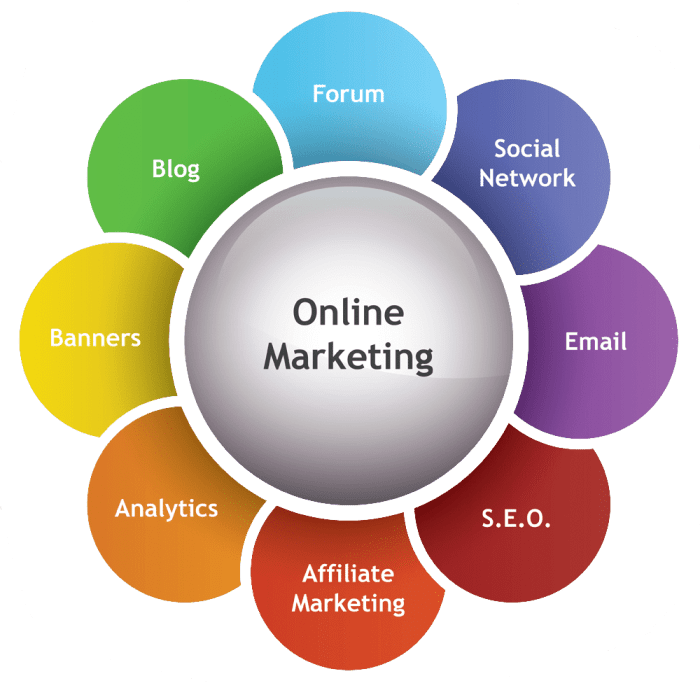
In today’s digital age, having a strong online presence is crucial for the success of any business. Implementing effective online marketing strategies can help businesses reach a wider audience, increase brand awareness, and drive more sales. Let’s explore some key strategies for successful online business marketing.
Search Engine Optimization ()
Search Engine Optimization, or , is essential for improving a website’s visibility on search engines like Google. By optimizing website content, using relevant s, and building quality backlinks, businesses can improve their search engine rankings and attract more organic traffic.
Social Media Marketing
Social media platforms like Facebook, Instagram, Twitter, and LinkedIn offer businesses a powerful way to connect with their target audience. By creating engaging content, running targeted ads, and interacting with followers, businesses can build a loyal community and drive traffic to their website.
Email Marketing
Email marketing is a cost-effective way to nurture leads and convert them into customers. By sending personalized and relevant emails to subscribers, businesses can promote their products or services, share valuable content, and drive sales.
Creating a Cohesive Online Marketing Plan
To create a cohesive online marketing plan, businesses should first define their goals, target audience, and key performance indicators (KPIs). They should then select the most appropriate online marketing channels based on their target audience and budget. It’s important to regularly track and analyze the performance of each channel to optimize the marketing strategy.
Role of Content Marketing
Content marketing plays a crucial role in promoting online businesses by providing valuable and relevant content to attract and engage target customers. By creating high-quality blog posts, videos, infographics, and other types of content, businesses can establish themselves as industry experts and build trust with their audience.
Utilizing Social Media for Online Marketing
Social media has become a powerful tool for online business marketing, allowing companies to connect with their target audience in a more direct and engaging way. By leveraging social media platforms effectively, businesses can increase brand awareness, drive website traffic, and ultimately boost sales.
Impact of Social Media Platforms on Online Business Marketing
- Social media platforms like Facebook, Instagram, Twitter, and LinkedIn provide businesses with a large and diverse audience to reach.
- Through social media, companies can interact with customers in real-time, respond to inquiries, and address concerns promptly.
- Visual content on platforms like Instagram and Pinterest can help businesses showcase products or services in a more engaging manner.
- Social media allows for targeted advertising, helping businesses reach specific demographics based on interests, location, and behavior.
Best Practices for Leveraging Social Media for Marketing Purposes
- Create a social media strategy outlining goals, target audience, content calendar, and key performance indicators.
- Engage with followers by responding to comments, messages, and reviews promptly.
- Utilize hashtags to increase visibility and reach a larger audience interested in specific topics or trends.
- Collaborate with influencers or partners to expand reach and credibility within your industry.
Examples of Businesses Successfully Using Social Media for Marketing
- Nike: Nike’s social media campaigns, such as #justdoit, have resonated with consumers and increased brand loyalty.
- Sephora: Sephora uses Instagram to showcase user-generated content, promote new products, and engage with beauty enthusiasts.
- Coca-Cola: Coca-Cola’s social media presence is focused on storytelling, connecting with consumers emotionally through shared experiences and values.
Creating Engaging Content for Online Marketing
Creating high-quality content is crucial for online marketing as it helps to attract and retain the attention of your target audience. Engaging content not only drives traffic to your website but also encourages users to interact with your brand, ultimately leading to conversions and sales.
Types of Effective Content
- Blogs: Regularly updating your blog with informative and relevant content can help establish your expertise in your industry and improve your search engine rankings.
- Videos: Video content is highly engaging and can convey your message in a more interactive and visually appealing way. Platforms like YouTube and social media are great for sharing video content.
- Infographics: Infographics are a visually stimulating way to present complex information in an easy-to-understand format. They are highly shareable on social media platforms and can drive traffic to your site.
Optimizing Content for Better Visibility
- Use relevant s: Incorporate s that your target audience is searching for to improve your search engine optimization () and increase visibility.
- Create compelling headlines: A catchy headline can grab the attention of users and entice them to click on your content.
- Include visuals: Visual content such as images, videos, and infographics can make your content more engaging and shareable.
- Focus on quality: Ensure your content is well-written, informative, and provides value to your audience. High-quality content is more likely to be shared and recommended by users.
